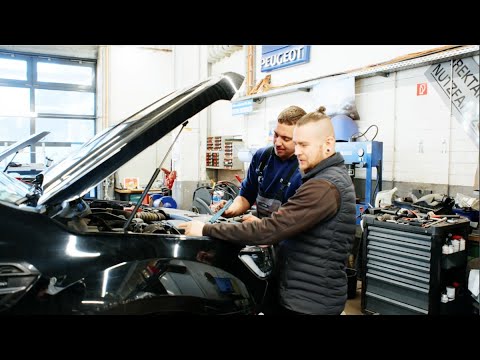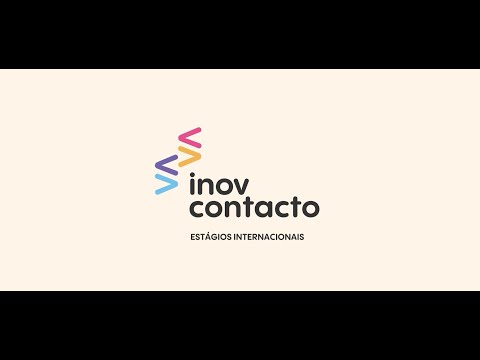Problem addressed
The housing quality of marginalized Roma communities is one of the urgent social problems in Slovakia, as the differences in the quality and availability of housing compared to the majority are striking and it is necessary to put more emphasis on their elimination. According to the results of the statistical survey Silc_Mrc 2020 in cooperation with the Statistical Office of the Slovak Republic10, it follows that approximately 87% of the households of Roma communities are at risk of poverty and 52% face serious material deprivation, 58% of households from Roma communities live in inadequate housing and 88% of the inhabitants of the Roma community live in overcrowded households, which have a negative impact on the quality of housing. The consequence of these findings is the existence and growth of segregated settlements without basic technical and civil amenities, where the quality of housing is at an extremely low level. Data from the latest Atlas of Roma communities (2019) indicate that more than three quarters (81%) of the Roma population in Slovakia live in concentrated settlements separate from the majority population. 31% live in settlements inside the village, 36% in settlements on the outskirts of the village and 14% in settlements outside the village. The area of housing is the key to eliminating the impact of inappropriate living conditions of marginalized groups on education, employment, or health. Eliminating poor housing conditions, poverty and social exclusion creates innovation potential in relation to access to and affordability of housing.
Innovative solution
The same method of solving the removal of unsuitable living conditions applied to all groups of people living in a diverse area does not exist. The non-profit organization Projekt DOM.ov brings innovative know-how solutions to the mentioned problem. An appropriate solution requires a thoughtful solution that is based on a perfect knowledge of the family and the community and is based on the partnership principle. Perfect knowledge results from the knowledge of the complex social situation of individual families, which means that in addition to the income side of the client, it is also necessary to know the expenditure side, the level of indebtedness with various creditors, as well as the personality side of the client. and national assumptions. An important factor is the will to help oneself, as well as involving the client in solving the problem and accompanying him through the long-term process of securing and maintaining housing (financial education, savings, construction work, loan repayment) in a way that supports his responsibility for meeting the need for housing.
An important role is played by the provision of social counseling through a field social worker, who is mainly supposed to direct the client, show him the path and goal and encourage him that he can solve the problem himself. The field social worker is one of the most important pillars in the process of family preparation, during the construction period, as well as at the time of loan repayment.
Key results and benefits
The manner and quality of housing are among the most important indicators of the economic and cultural level of the individual, but also of the community. The result of the activity is a sustainable, overall, positive change in the life of the family with the strengthening of personal responsibility for their housing, influenced by new full-value housing and acquired skills before and during construction. Self-help construction of family houses brings, in the long term, when the family grows, the variability of spatial adaptation while maintaining an adequate quality of life. In addition to owning legal housing, the client engaged in self-help construction also acquires skills that he used during self-help construction and which help him apply in the labor market. At the same time, he acquires the financial literacy necessary to obtain and repay a microloan, and at the same time acquires the necessary self-confidence, which contributes to integration into society. A significant positive change is also the change in the attitude of the client from a passive recipient to the mobilization of the individual and family in an effort to integrate into society by ensuring quality and legal housing, which will improve the quality of life of the entire society. family. From the perspective of the community, the client becomes successful and worth following, which causes increased integrative activity among other community members. The overall societal result is a reduction in housing inequality between the majority and marginalized Roma community. A positive result is also the efficiency of spent public resources for building basic infrastructure, taxes resulting from legal constructions, as well as the multiplier effect from spent funds.
Potential for mainstreaming
Applied social innovation by the non-profit organization Project DOM.ov creates prerequisites for the successful transfer of innovations to other regions of the Slovak Republic, as well as to the national level in the necessary cooperation with all participants in the process of fulfilling needs. for housing. However, the Roma are socially differentiated, which is caused by factors such as: the socioeconomic performance of the region, the type of integration or segregation, the degree of concentration and number, the share of the Roma population in relation to the majority society. It follows that any public policy that is to be successful must take into account the structure, character, lifestyle, as well as the participation of citizens in Roma settlements. Furthermore, it is necessary to create conditions for micro-loan and micro-savings instruments in the banking sector based on public-private partnership for successful expansion among a wider range of clients.
As a successful example of the application of this social innovation in other regions of Slovakia, we can cite Košice, where this innovation is being piloted in an urban environment. ETP Slovensko – Center for Sustainable Development provides non-profit microloans to selected families on the condition that clients enter the savings phase, where they regularly save a minimum agreed amount every month for a long period of time (minimum 1 year) and then participate in savings. self-help construction of family houses. ETP Slovakia - Center for Sustainable Development provides clients and family members with educational activities - financial education for adult clients, informal education "From cradle to career" for children and youth. Funds for self-help construction come from private donors and from the ETP revolving microloan fund. Accompanying educational activities are implemented thanks to support from public sources and private donors.



